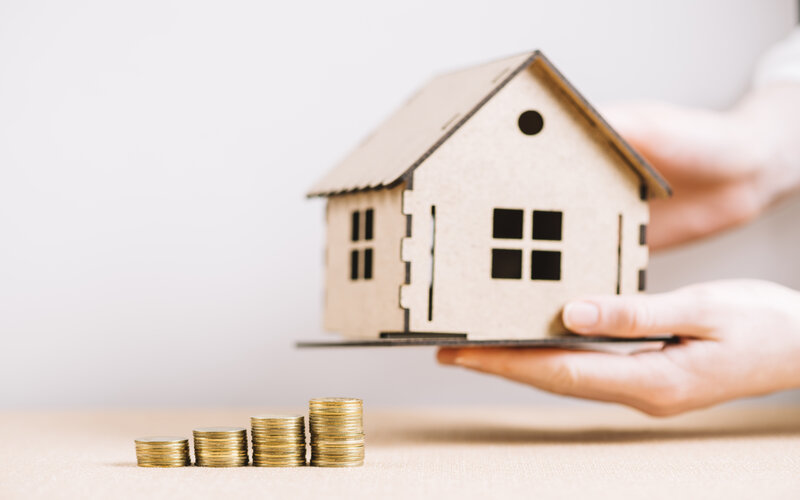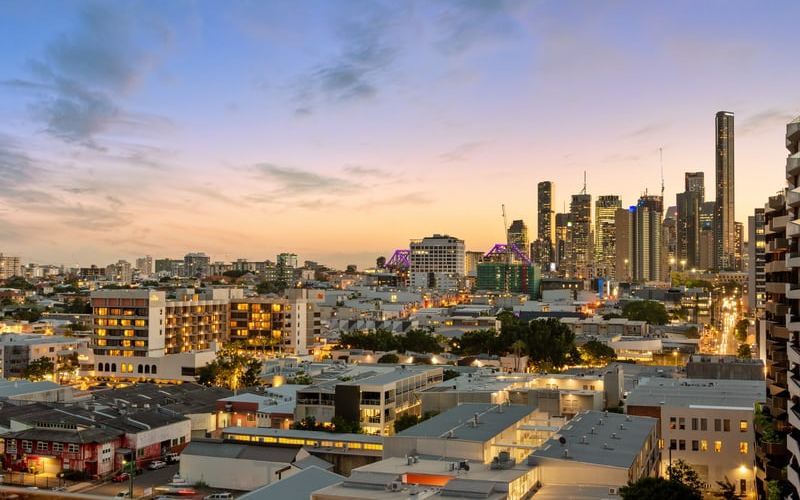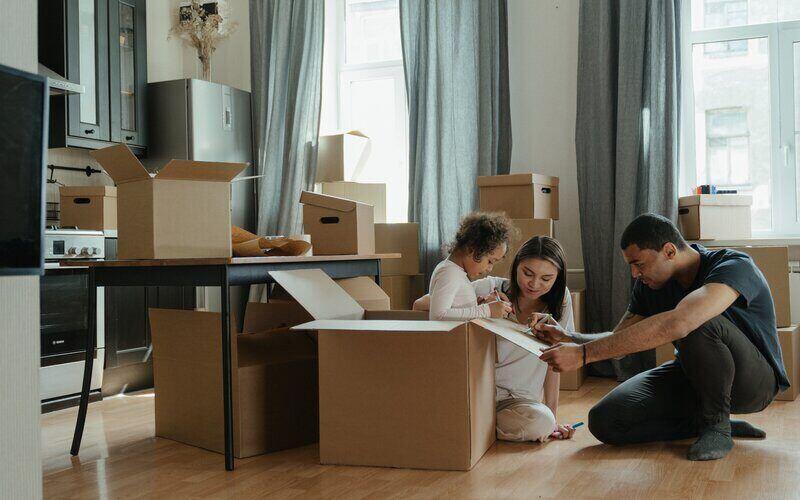Data from the Reserve Bank (RBA) revealed annual personal credit growth, which includes car loans and holiday loans, has fallen to its lowest level since June 2009.
While the coronavirus fallout has crippled annual personal credit growth, it has propelled business credit growth 2.9% in March, after the RBA launched cheap funding to lenders to support small and medium sized business.
It's the biggest single monthly growth in business credit growth since January 1988.
Monthly and annual housing credit growth remained steady, but investor borrowing marginally fell 0.1% monthly and 0.4% annually, with investors clearly spooked by the uncertain property landscape.
Overall credit expanded by 1.1% in March to take annual growth to 3.6%, up from 2.4% at the end of 2019.
Westpac economist Andrew Hanlan said the figures reinforced that the reaction to the COVID-19 pandemic was multifaceted and non-linear, and expected businesses to ease their borrowing.
"Many firms will experience intense cash flow pressures as sales collapse due to shut-down and social distancing requirements but they continue to face many of their usual costs," Mr Hanlan said.
"In an effort to ease these cash flow pressures, some businesses have drawn down existing lines of credit.
"Beyond this initial reaction, businesses will be looking to cut costs, including cutting capital expenditure - which will reduce the need for borrowing."
Mr Hanlan said although credit for housing grew in response to record low rates, coronavirus would quickly stall this progress.
"The recent strengthening of housing credit growth reflects the rebound in new lending in response to lower interest rates and easier lending conditions," he said.
"However, the COVID-19 pandemic will stop the housing upswing in its tracks - reflecting the combined impact of social distancing requirements; the collapse in consumer confidence; and the hit to household incomes.
"Later this year, as the economy begins to re-open, the housing sector will once again bounce back - but there will be some lasting impacts from the COVID crisis, notably higher unemployment."
Personal credit has been sliding for years
Although the plunge in personal credit growth in March can mostly be attributed to COVID-19, personal credit has been on a downward slump for some time now.
A 2018 RBA report investigating trends in personal credit found that there had been a steady rise in non-performing personal credit, aka credit that doesn't incur interest.
The central bank said the popularity of mortgages with redraw or offset accounts had led people to fund projects without a loan.
"Drawing down on offset and redraw accounts enables borrowers to fund large expenditures such as home renovations, car purchases, or even pay off credit card balances, without having to take out a personal loan," it said.
Additionally, the RBA found credit cards were increasingly being used for transactional purposes, rather than for borrowing, demonstrating a cultural shift.
"The share of cardholders who always pay off their credit card balances in full each month has increased over the past decade," it said.
"In line with this, the share of credit card debt accruing interest has declined from 72% in 2007 to about 62% currently."
Recent credit card data from the RBA for December 2019 showed a 10% decline in balances accruing interest on credit cards from December 2018.
Credit card debt fell from $31.6 billion to a near-13-year low of $28.5 billion (seasonally adjusted).

Ready, Set, Buy!
Learn everything you need to know about buying property – from choosing the right property and home loan, to the purchasing process, tips to save money and more!
With bonus Q&A sheet and Crossword!



 Denise Raward
Denise Raward
 Harrison Astbury
Harrison Astbury
 Harry O'Sullivan
Harry O'Sullivan
 Hanan Dervisevic
Hanan Dervisevic


